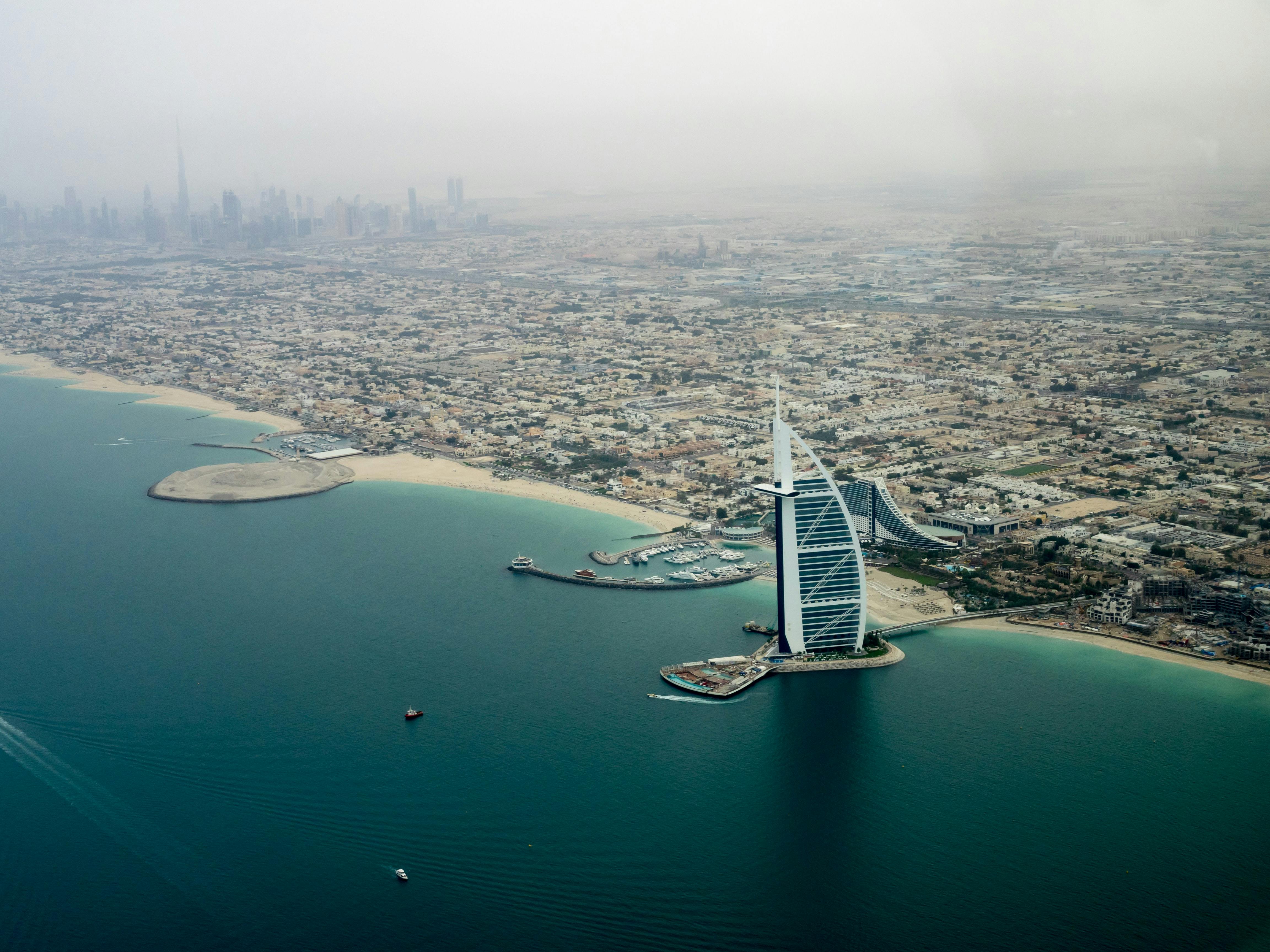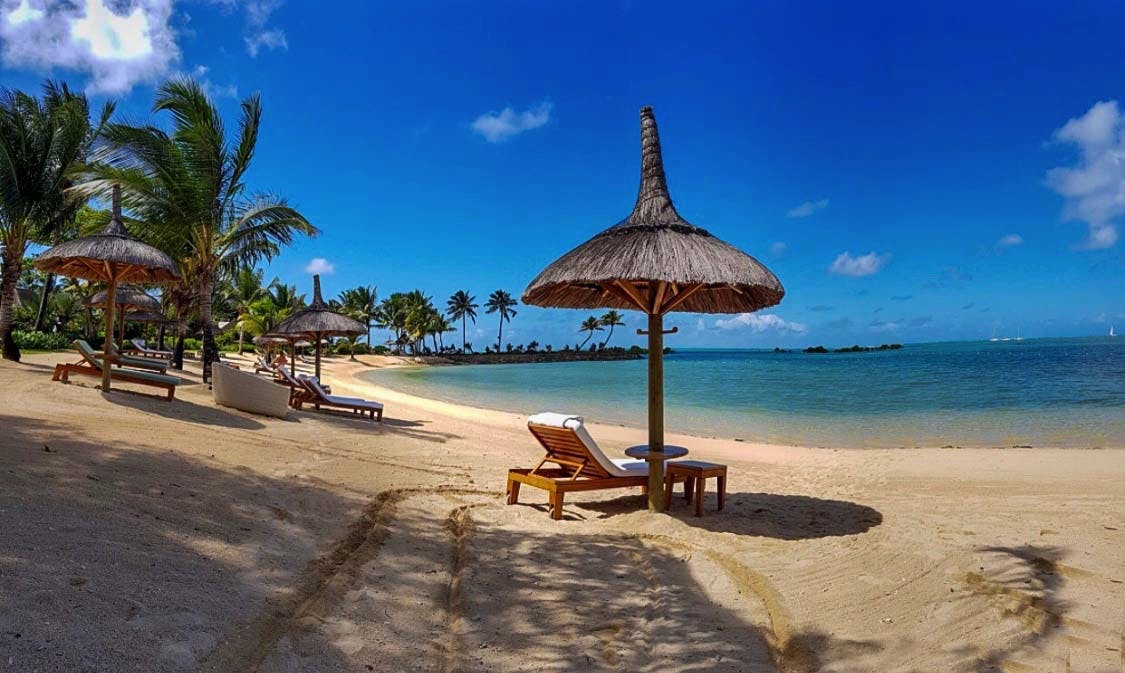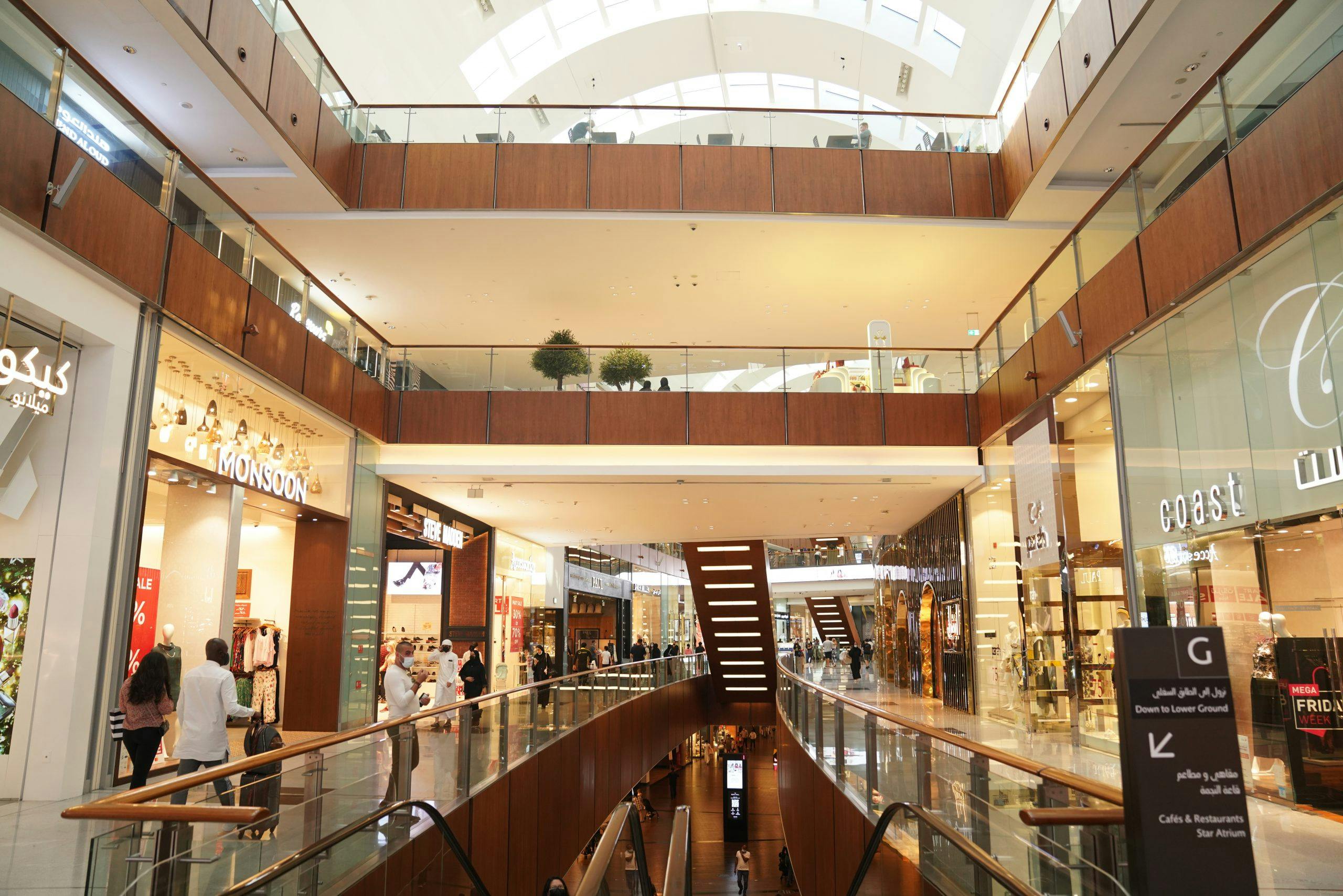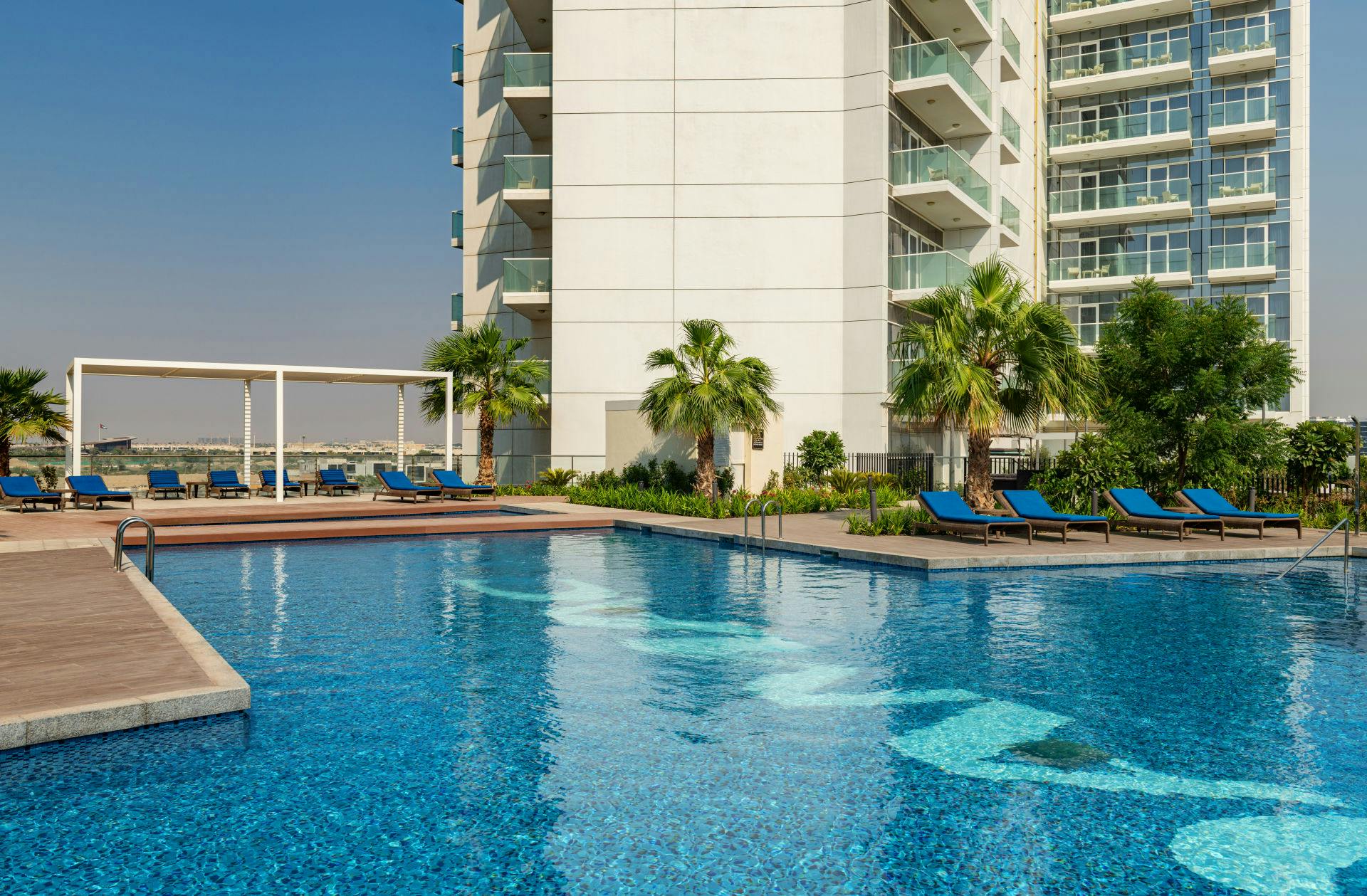Worst Time to Visit Dubai in 2026: Guide to Weather, Costs & Activities

What’s the worst time to visit Dubai?
Dubai is one of the most exciting cities in the world, known for its tall skyscrapers, luxury shopping, amazing attractions like the Burj Khalifa, and beautiful beaches. People from all over the world visit Dubai to enjoy its modern vibe, exciting events, and cultural experiences. However, when you plan your trip, timing is important because the weather Dubai experiences throughout the year can affect your holiday.
The worst time to visit Dubai is during the summer months, from June to August. During this time, the weather gets extremely hot, with temperatures often reaching over 40°C (104°F). The heat can make it uncomfortable to spend time outside, and the humidity can make it feel even hotter. This makes outdoor activities like visiting the desert or enjoying the beaches difficult.
Also, it can be very expensive to stay in Dubai during the peak season, and many people prefer to stay inside because of the heat. So, while Dubai is an amazing place to visit, the summer months are not the best time to go. The hot weather, fewer outdoor activities, and high costs make it the "worst" time to visit if you want to enjoy everything Dubai has to offer. It's better to plan your trip during the cooler months when the Dubai temp in Jan and other winter temperatures make the city much more enjoyable.
If you're unsure about dressing appropriately during Ramadan, check out our guide on what to wear in Dubai to stay comfortable and respectful.
Summer in Dubai (June to August): Why It's the Worst Time
Special Considerations During Ramadan in Dubai

Ramadan is the ninth month of the Islamic lunar calendar and holds profound spiritual importance for Muslims around the world. It is a time of fasting, prayer, self-reflection, and charity. From sunrise (Suhoor) to sunset (Iftar), Muslims abstain from food, drink, and other physical needs to purify the soul and grow closer to God (Allah). The focus is on self-discipline, gratitude, and giving back to the less fortunate.
In Muslim-majority countries like the United Arab Emirates, Ramadan is not just a religious observance; it shapes daily life. Dubai, as a modern and multicultural city, offers a unique fusion of tradition and cosmopolitan flair during this holy month.
While it remains open and welcoming to international tourists, Dubai embraces a more reflective and respectful atmosphere throughout Ramadan. Malls, restaurants, and hotels adjust their timings, and many host elaborate Iftar feasts and Ramadan night markets that showcase Emirati culture.
For travelers seeking a deeper cultural experience, visiting Dubai during Ramadan provides a rare opportunity to witness and participate in centuries-old traditions while enjoying the hospitality and modern comforts the city is known for.
How Ramadan Affects Dining, Drinking, and Public Behavior in Dubai
During Ramadan, daily life in Dubai slows down to accommodate the fasting hours observed by Muslims from sunrise to sunset. Eating, drinking, and smoking in public during daylight hours are prohibited out of respect for those who are fasting.
While some restaurants close during the day, many remain open for takeaway or have screened-off dining areas for non-Muslims. After sunset, the city becomes lively with Iftar meals and evening social gatherings.
Public behavior also reflects the spiritual nature of the month. Loud music, public celebrations, and displays of affection are discouraged. Modest clothing is expected in public places, especially in malls and cultural sites. Despite the quieter daytime pace, Dubai remains welcoming to tourists with adjusted schedules, cultural events, and a unique, respectful atmosphere.
Benefits of Visiting Dubai During Ramadan
Fewer Tourists, Quieter Attractions
During Ramadan, Dubai sees fewer international visitors, which means popular spots like the Burj Khalifa, Dubai Mall, and Global Village are less crowded. This allows travelers to enjoy shorter lines, more relaxed sightseeing, and a quieter, more reflective city vibe. Booking hotels, guided tours, and excursions also tends to be easier and more flexible.
Special Ramadan Promotions & Deals
Many hotels, shopping centers, and wellness venues offer exclusive Ramadan discounts. Travelers can take advantage of reduced room rates, spa packages, and shopping promotions. Additionally, Iftar and Suhoor meals are a highlight; lavish buffets and set menus are served at restaurants and hotels across the city, offering a taste of local cuisine and tradition. Ramadan night markets also offer one-of-a-kind shopping experiences, with handmade goods and cultural treats.
Cultural Immersion
Ramadan offers a meaningful opportunity to experience the UAE’s rich Islamic culture. Visitors can join public Iftars, explore Ramadan tents, and enjoy cultural exhibitions that highlight Islamic art, music, and traditions. The spiritual ambiance of the city during this month provides a deeper, more authentic connection to local customs, ideal for culturally curious travelers.
Drawbacks of Visiting Dubai During Ramadan
Limited Daytime Dining Options
During fasting hours (from sunrise to sunset), most restaurants are closed for dine-in service. While some international hotels and select venues may offer screened dining areas or room service, casual daytime eating in public is not allowed. This can be inconvenient for travelers who are not fasting, especially when sightseeing or on the move.
Adjusted Business and Entertainment Hours
Many public attractions, government offices, and businesses operate on reduced hours during Ramadan. Malls, museums, and entertainment venues may open later in the day and stay open well into the night. Travelers need to plan ahead, as some tours or daytime activities may be limited or unavailable.
Quiet Daytime Atmosphere
The daytime pace in Dubai slows down significantly during Ramadan. Live music, beach parties, and entertainment events are toned down or paused. While this offers a calm and reflective experience, travelers seeking a vibrant daytime scene may find the city more subdued than expected.
Tips for Traveling to Dubai During Ramadan
- Avoid eating, drinking, or smoking in public during fasting hours
- Dress modestly, especially in malls, mosques, and government offices
- Take part in Iftar for a memorable cultural experience
- Check adjusted hours for attractions and services ahead of time
- Consider staying in international hotels that offer full-day dining options
While enjoying the serene atmosphere during Ramadan, you can still explore some of the best Dubai picnic places for a peaceful outdoor experience after Iftar.
Cultural and Logistical Challenges
Crowds During Festive Periods:
During big holidays like Eid, many people travel to Dubai, making it very crowded. Popular places like malls, parks, and tourist spots can get very busy. It can be hard to book a hotel or find a seat at a restaurant because so many people visit.
Price Hikes During Peak Holiday Periods:
Hotels and flights can become very expensive during holidays like Eid or Christmas. The high demand might increase prices for food, attractions, and activities. So, it is considered the worst time to visit Dubai for budget-conscious travelers. If you want to save money, it’s better to avoid visiting during these busy times and plan your trip for the off-season instead.
For couples visiting during Ramadan, a tailored Dubai honeymoon package offers romantic experiences with a cultural twist and fewer crowds.
What to Do if Visiting Dubai During the Worst Times
Tips for Managing the Heat in Dubai
Stay Indoors: During the hottest months, visit indoor places like Dubai Mall, Burj Khalifa, or Ski Dubai. They are air-conditioned and keep you cool.
Drink Water: Always carry a water bottle with you and drink often to stay hydrated.
Wear Light Clothes: Dress in light, loose clothing that helps keep you cool.
If you're trying to save money on your trip, don’t forget to read our guide on the cheapest time to visit Dubai for tips on low-cost months, flight hacks, and budget-friendly planning.
Adjusting Expectations for Outdoor Activities in Dubai
Nighttime Activities: The heat is easier to handle at night. Try activities like a nighttime desert tour or watch the Dubai Fountain Show in the evening when it's cooler.
Evening Tours: Some outdoor places are best to visit after sunset to avoid the heat and still enjoy the experience.
Leveraging Off-Season Discounts in Dubai
Luxury Deals: Off-season months mean lower prices for hotels and activities. You can enjoy luxury experiences, like fancy dinners or spa visits, for a more affordable price.
Alternative Times to Visit Dubai
The best time to visit Dubai is from November to March. During these months, the weather Dubai offers cooler temperatures, making outdoor sightseeing, beach activities, and city exploration comfortable. The Dubai temp in Jan is especially pleasant, typically ranging between 19°C and 25°C, perfect for travelers who want ideal vacation weather.
There are also special events like the Dubai Shopping Festival, New Year fireworks, and winter outdoor markets. Visiting during these months means better weather, more activities, and a much more enjoyable experience overall.
Final Thoughts:
While Dubai is a year-round destination, the peak summer months (July and August) can be extremely hot, with temperatures soaring above 45°C (113°F). Outdoor activities become limited, and the intense heat may affect your comfort and travel plans.
If you prefer comfortable weather, plan a trip during winter when the Dubai temp in Jan and other winter months offer the ideal climate. This is when the weather Dubai becomes perfect for beaches, desert trips, shopping festivals, and exploring the city without discomfort.




